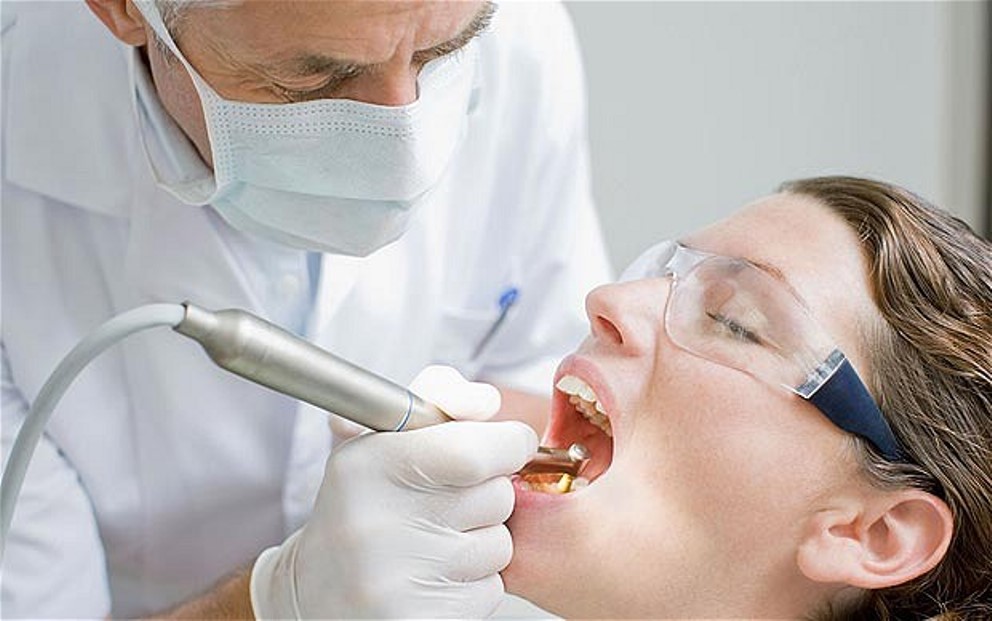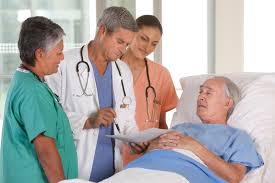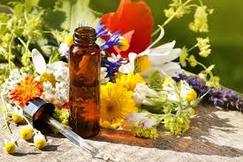
What is Homeopathy?
The system of treatment in homeopathy is to treat every patient as a unique individual with the aim of activating and stimulating their own natural healing ability. A homeopath selects the most appropriate medicine based on the individual's specific symptoms, medical history and personal level of health.
Homeopathy is a system of natural health care that has been used worldwide for over 200 years. It is a recognized system of treatment by the World Health Organization and is considered to be the second largest therapeutic system used for treating patients in the world. It is one of the most popular systems of treatment in India and South America, over thirty million people in Europe, and millions of others around the world, also benefit from its use.
The name homeopathy is derived from the Greek words like ‘similar suffering’ which refers to the ‘like cures like’ principle of healing given by Samuel Hahnemann the founder and originator. Hahnemann was born in Germany two hundred and fifty years ago. At this time the old world-view was being renovated and traditional beliefs, many delicately based upon superstition, were being increasingly subjected to the rigour of experimental scrutiny and assessment. The practice of Homeopathy is a science and its application is an art.
Basically, homeopathy is based on two principles that have taken place regularly throughout the history of medicine, throughout the world. The first principle of ‘like cures like’ can be considered in several ways. Assuming that the body knows what it is doing and that its symptoms are the body’s way of taking action to overcome illness. This healing process is automatic in the patient and is termed as vital response. The same type of medicine also works as a stimulus to the natural vital response, giving it the information that it needs to complete the healing work. Though the primary action of the vital response and the medicine is to increase the strength of the symptoms, this is the primary indication of internal healing which is taking place and the diseases are cured from inside and pushes outside through the established routes of past and present symptoms.
Before the medicines are decided, the curing power of the medicines are discovered by testing them out on healthy human subjects and carefully noting their behaviour changes taking place emotionally, mentally and physically. This is termed as ‘proving’. This helps in proving for a medicine’s unique symptom picture and should match up with the individual’s unique expression of the disease, i.e. the present and persisting symptoms of the disease.
The second principle is, that only ‘the minimum dose’ should be employed is based upon the understanding that the stimulus of the medicine works from within the vitality and is not imposed from the outside. Initially a limited quantity of medicine is given to start the healing process, which is then carried on by its own internal healing mission. Homeopathic medicines are given in minimum doses, and they on their own stimulate the body vital response. Homeopathy medicines do not produce the gross side effects.
BHMS (Bachelor of Homeopathy Medicine and Surgery) Course:
There are numerous colleges in India and abroad offering diploma and degree programmes in Homeopathy system of medical care. Bachelor of Homeopathy Medicine & Surgery (BHMS) is one of the popular degrees in the field of Homeopathy medicine. It is the UG degree which is almost sufficient to get the job. This degree is awarded after the completion of 5½ years academic Programme containing 4½ year academic session and 1 year internship Programme with live practical. The undergraduate Programme in Homeopathy system can be pursued through distance education system also.
These days’ students of younger generation are attracted towards the Homeopathy system of medicine. Homeopathy medical studies are being adopted very fast by the young student’s and generation. There are various study programs like diplomas, undergraduate, postgraduate and research programmes are available in this field.
Doctor of Medicine in Homeopathy [M.D. (Homeo)] Course:
Post Graduate Degree Course in Homoeopathy i.e. Doctor of Medicine in Homoeopathy M.D. (Homeo.), can be done after successful completion of BHMS course, which is a full-time regular course, approved by the Central Council of Homeopathy.
It has six subjects of Specializations viz.:
- Organon of Medicine with Homeopathic Philosophy
- Repertory
- Homeopathic Materia Medical including Applied aspects.
- Practice of Medicine
- Homeopathic pharmacy
- Paediatrics
A Candidate for MD (Homeo.) shall opt any of the above-mentioned special subjects as his / her specialty at the time of counseling, as per availability.
Eligibility for BHMS (Bachelor of Homeopathy Medicine and Surgery) Course:
The basic requirement for the eligibility to get the admission to BHMS Programme is qualifying the 10+2 examination with minimum 50% marks. The candidate must have the physics, chemistry and biology in 12th class. The students who have the language Sanskrit in 12th class or having proficiency in Sanskrit language are given preference in admission.
The selection of the candidates is based on the merit in the qualifying examination as 12th and followed by the personal interview.
The regulation body of Homeopathy education is Central Council of Indian Medicine (CCIM) in India. There are around 200 Homeopathy Medical Colleges in India which offer the educational Programme in Homeopathy system. Some reputed institutions offers admission through the national and state level entrance examination. The candidate should be minimum 17 years old.
Eligibility for Doctor of Medicine in Homeopathy [M.D. (Homeo)] Course:
The course shall be of three years duration, including one year of house-job, during which the candidate shall be a resident in the campus and shall be given training as per the provisions of sub-regulation (2) of regulation 1010.
Degree Holders in Homoeopathy [B.H.M.S.] are eligible for admission through an All India Admission Test.
Syllabus for BHMS (Bachelor of Homeopathy Medicine and Surgery) Course
Future Prospects after doing BHMS Course:
The career opportunity after the completion of BHMS is not only in India but also in abroad. Many organizations and research institutions are working in the manufacturing and research field abroad are requiring the professional in this field.
The candidate having the BHMS (Bachelor of Homeopathy Medicine and Surgery) degree is eligible to be called as a Doctor and eligible to do the private practice. A Homeopathy practitioner may look the career as a doctor in private or government hospital.
The professionals in this field can work in companies those deal with the Homeopathy preparations. He/she may get the job in Homeopathy colleges as a professor or the researcher. A large number of people are not satisfied with the allopathic treatment. This gives the birth to the alternative treatment.
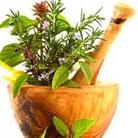
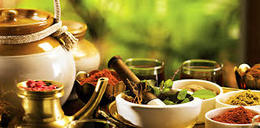
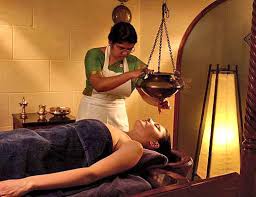

 RSS Feed
RSS Feed
